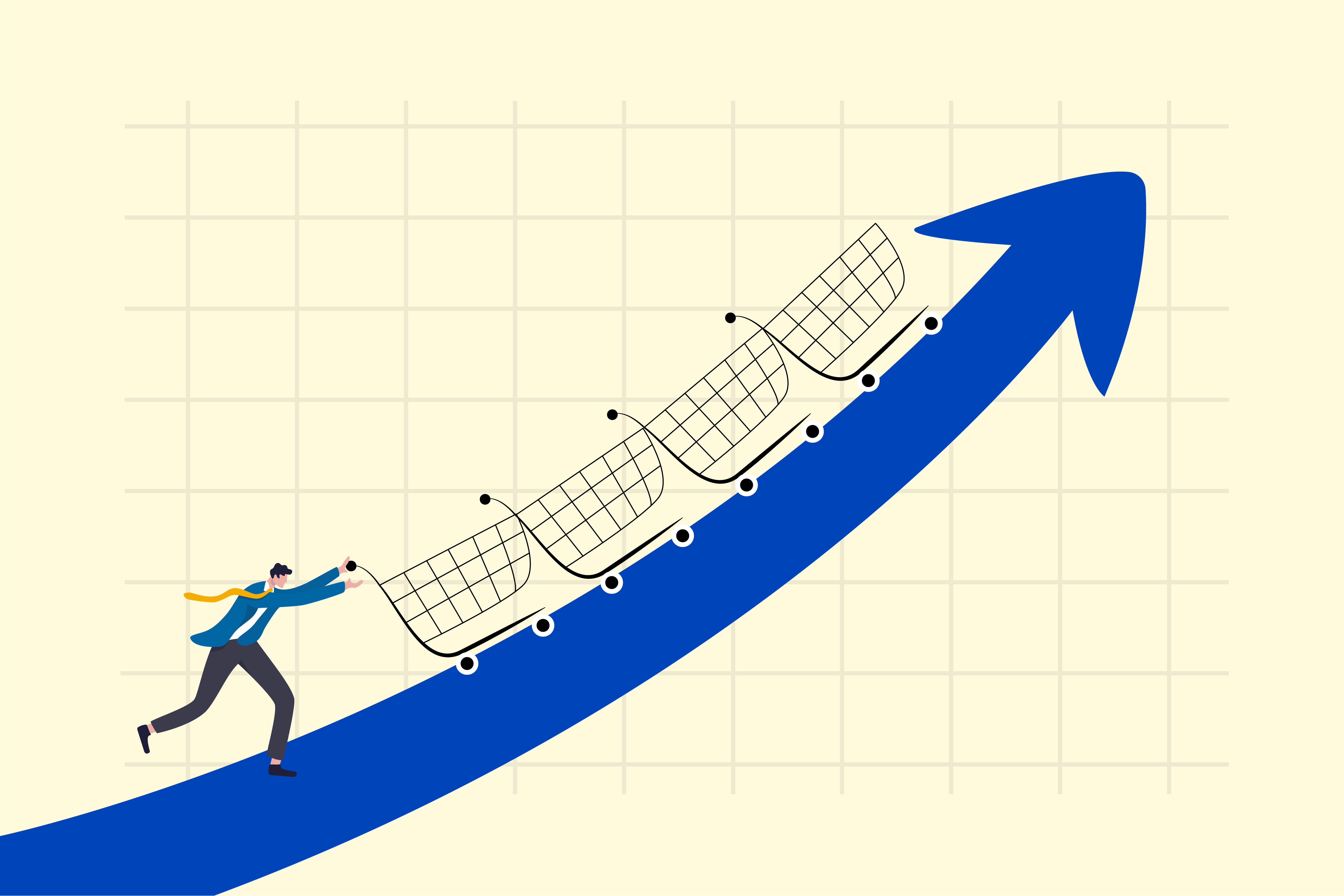Ethics: The bottomline for CFA Career Success

Meeting high ethical standards is one of the key requirements while pursuing a global finance designation called CFA. Though CFA is one of the global standard credentials in the investment world, clients place ethical standards as a top priority while getting financial services. Moreover, there is an exclusive section dedicated to ethics in the CFA syllabus. A major reason behind the inclusion of ethical standards is to weave ethical behavior into CFA charter holders' ability to conduct financial analysis in an unbiased manner, especially in a capital market.
The ethical and professional standard part is one of the challenging sections in the CFA exam as they are more subjective and opinion-driven questions rather than quantifiable ones. Candidates with deeper knowledge of ethics are only capable of solving the ethics section, and this is one of the reasons why the best CFA institutes in India spare maximum time in imparting the best methods and approaches to CFA students to crack this difficult part across three levels.
At CFA level 1, you would be introduced to various types of ethical standards, and at this stage you need to know the practical implications of each ethical standard. To achieve mastery over this level, you can subscribe to the Schweser-Miles Original CFA study package which is designed to give you a holistic explanation of the standards.
Ethical standards in Level II of CFA exam are mostly vignette type. This level requires you to develop a strong sense of judgment of case studies and other real life scenarios. At this stage, a study package would provide you immense guidance on how to carefully understand the nature of the questions and analyze the case studies. This means that you would encounter complex ethical topics in level II and further demands you to explore the concept in the question so that you answer it more effectively and smartly.
At Level III of the CFA exam, you would be solely tested on the application side of the ethical standards that you gained in the previous two levels. The level validates your expertise in cracking case-based ethical questions using edging judgments and analytical skills. Another significant advantage is ethical standards are transferable and as you progress in your levels, the benefits scale up!
You may see ethical exams in CFA as a dreaded one, but actually they can bring you unimaginable surprises on the road of your CFA course journey. Scoring high in the ethics and standard part can actually push you above the Minimum Pass Score (MPS) which eventually increased the value of ethics and found a place as an independent subject in the CFA curriculum.
The focal point in the finance and investment course is around ethics. The section on ethics requires a lot of effort to master and once mastered, it can enhance your professional credibility and value to companies and largely to the finance and investment sector. A survey conducted by CFA Financial Institute News Brief on how ethics influenced careers, found that over 34% of employees agreed that ethics had a direct impact on careers and believe ethics plays a key role in deciding the career trajectory and professional reputation. Ethics is not just about clearing a section of the CFA exam but a real test on your day-to-day scenario.
